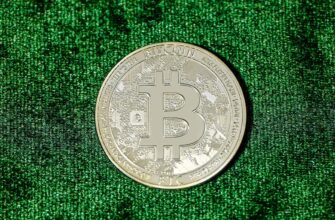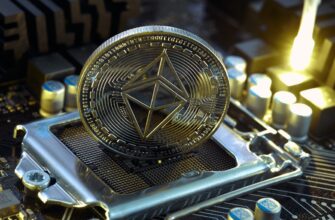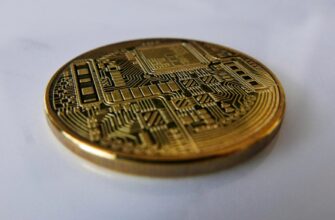What Are Ethereum PC Games?
Ethereum PC games represent a revolutionary fusion of blockchain technology and gaming, where players can truly own in-game assets like characters, skins, or virtual land as non-fungible tokens (NFTs). Built on Ethereum’s decentralized network, these games leverage smart contracts to enable play-to-earn mechanics, transparent economies, and player-driven markets. Unlike traditional PC games, Ethereum PC games allow you to trade, sell, or utilize your digital items across multiple platforms, creating a new paradigm where gameplay translates to tangible value.
How Ethereum PC Games Work: The Tech Behind the Fun
At their core, Ethereum PC games operate using:
- Smart Contracts: Self-executing code on the Ethereum blockchain that handles asset ownership and game rules without intermediaries.
- NFTs (Non-Fungible Tokens): Unique digital assets verifiable on-chain, representing anything from weapons to virtual real estate.
- Cryptocurrency Integration: ETH or game-specific tokens (ERC-20) fuel transactions, rewards, and in-game purchases.
- Decentralized Marketplaces: Platforms like OpenSea where players trade NFTs peer-to-peer.
This infrastructure enables “play-to-earn” models—players earn crypto or NFTs through achievements, which can be converted to real-world value.
Top 5 Ethereum PC Games You Should Try in 2024
- Gods Unchained: A competitive trading card game where cards are NFTs. Build decks, battle players, and trade rare cards on Ethereum’s Immutable X layer-2 solution.
- Axie Infinity: Though mobile-first, its PC version lets you breed and battle fantasy creatures (Axies) as NFTs, earning SLP tokens through gameplay.
- The Sandbox: A virtual world where players create, own, and monetize voxel-based assets and experiences using Ethereum-based LAND NFTs.
- Decentraland: Explore a user-owned metaverse, attend events, or develop NFT-based virtual real estate—all powered by Ethereum.
- Illuvium: An open-world RPG with stunning visuals. Capture creatures (Illuvials) as NFTs, battle, and trade on the Ethereum blockchain.
Key Benefits of Playing Ethereum PC Games
- True Ownership: NFTs mean your in-game items are yours forever—tradeable outside the game’s ecosystem.
- Earning Potential: Monetize skills via play-to-earn mechanics; top players earn substantial crypto income.
- Interoperability: Assets from one Ethereum game might be usable in others, expanding utility.
- Transparent Economies: Blockchain ensures verifiable scarcity and fair asset distribution.
Challenges and Considerations
While innovative, Ethereum PC games come with hurdles:
- Gas Fees: Ethereum transaction costs can spike, making small trades uneconomical. Layer-2 solutions (e.g., Polygon) help mitigate this.
- Market Volatility: Crypto price swings affect the real-world value of earned assets.
- Learning Curve: Setting up crypto wallets (like MetaMask) and understanding blockchain basics requires effort.
- Regulatory Uncertainty: Evolving laws around NFTs and crypto may impact game economies.
Getting Started with Ethereum PC Gaming: A 4-Step Guide
- Set Up a Wallet: Install MetaMask and fund it with ETH from an exchange like Coinbase.
- Choose a Game: Start with free-to-play options like Gods Unchained to learn mechanics risk-free.
- Understand Costs: Research gas fees and use layer-2 networks when possible to save on transactions.
- Secure Your Assets: Use hardware wallets for valuable NFTs and enable two-factor authentication.
Ethereum PC Games FAQ
Q: Do I need to invest money to play Ethereum PC games?
A: Not necessarily. Many games offer free entry, but earning valuable assets often requires time or strategic investment.
Q: Are Ethereum PC games environmentally friendly?
A: Post-Merge, Ethereum uses ~99.95% less energy. Most games now operate on eco-friendly proof-of-stake consensus.
Q: Can I convert in-game earnings to real money?
A: Yes! NFTs and tokens can be sold on exchanges like Binance or Kraken for fiat currency.
Q: What hardware do I need?
A: Standard gaming PCs suffice, but titles like Illuvium benefit from higher-end GPUs. Always check system requirements.








